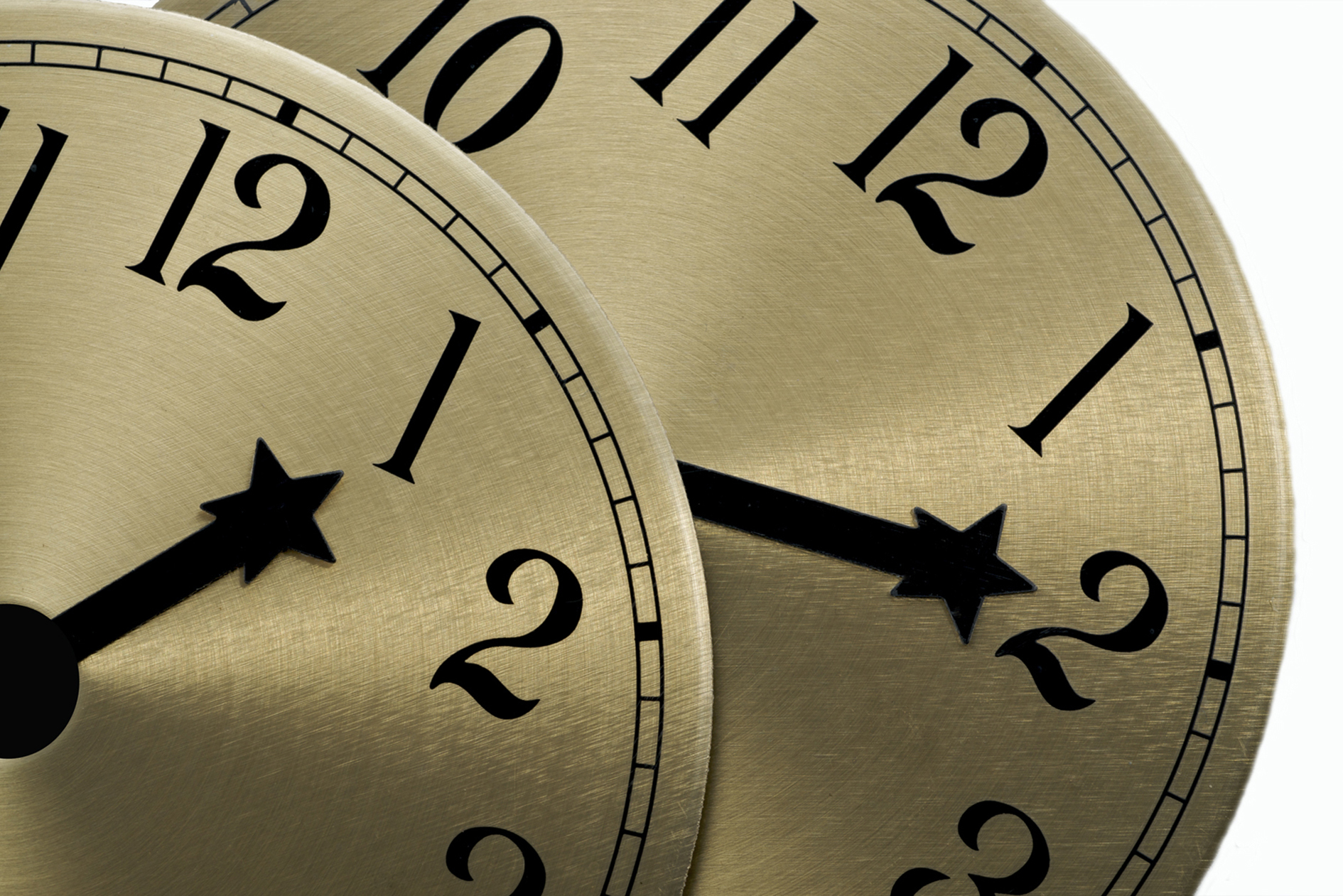 This Sunday, Nov. 1, don’t forget to ‘fall back’ for daylight saving time and change your clocks to be an hour earlier. For many Americans this annual tradition of gaining an hour of sleep is a true gift, especially since we may often be feeling tired and sleep deprived.
This Sunday, Nov. 1, don’t forget to ‘fall back’ for daylight saving time and change your clocks to be an hour earlier. For many Americans this annual tradition of gaining an hour of sleep is a true gift, especially since we may often be feeling tired and sleep deprived.
“Sleepiness is a big problem in our society,” says Daniel McNally, medical director of the Sleep Disorders Center of UConn Health and chief of the Division of Pulmonary and Critical Care Medicine. “Research has shown that getting by on less than 5 hours of sleep can impact one’s level of alertness similarly to having consumed two drinks of alcohol.”
The Centers for Disease Control and Prevention (CDC) stresses the average adult should aim to get 7 to 8 hours of sleep each night, including the elderly. However, more than one-third of Americans are getting less than 6 hours of sleep each night, and up to 70 million may be suffering from a sleep problem or disorder.
McNally and his team specialize in the science of sleep, and evaluating and caring for patients who may be experiencing a sleep issue ranging from loud snoring to insomnia, which is the inability to sleep.
McNally says three factors often impact how well we sleep. These include our circadian rhythm, often referred to as our body’s internal clock that regulates us in 24-hour cycles, our need for sleep depending on how recently we got enough, and also most importantly our surrounding environment.
“Unfortunately, our internal clocks are being distorted living in our modern society by ill-timed exposure to artificial light around us all the time. Plus, our busy, fast-paced society is setting us up to be tired and having to do more in less time,” says McNally.
However, there are ways to remedy our lack of sleep and sleep problems. McNally urges everyone to not only take advantage of the extra hour of sleep due to daylight savings but to launch an improvement of our sleep hygiene habits.
The top 10 things you can do to get a better night’s rest:
- Make getting the sleep time you need at night a priority. No napping or lounging in bed during the day.
- Make sure you catch some sunlight in the morning and are exercising daily. But don’t exercise too close to bedtime.
- Don’t eat food late at night
- Avoid caffeine and alcohol, especially in the evening,
- Be consistent by going to bed each night at the same time, and plan to rise at the same time each morning. But remember to face the alarm clock away from your bed so you don’t watch the clock during the night.
- Ensure your bed, mattress, and pillows are comfortable.
- Make sure your bedroom is quiet, dark, and a comfortable temperature, not too cold or warm.
- Keep your bedroom for just sleeping, not for eating, television, Internet, mobile phone, smart tablet, or computer use.
- If you can’t fall asleep after 20 minutes in bed, try leaving the bedroom until you feel sleepy and then return to bed.
- Don’t use the snooze button on your alarm clock. Set the alarm for when you want to get up and then actually get up.
Should you find yourself experiencing any unusual sleep symptoms or patterns start to write them down each morning, says McNally. If your sleep problem persists for more than a few weeks and starts hindering your daily functioning, tell your primary care physician about it. They may want you to evaluated by a sleep medicine specialist.



